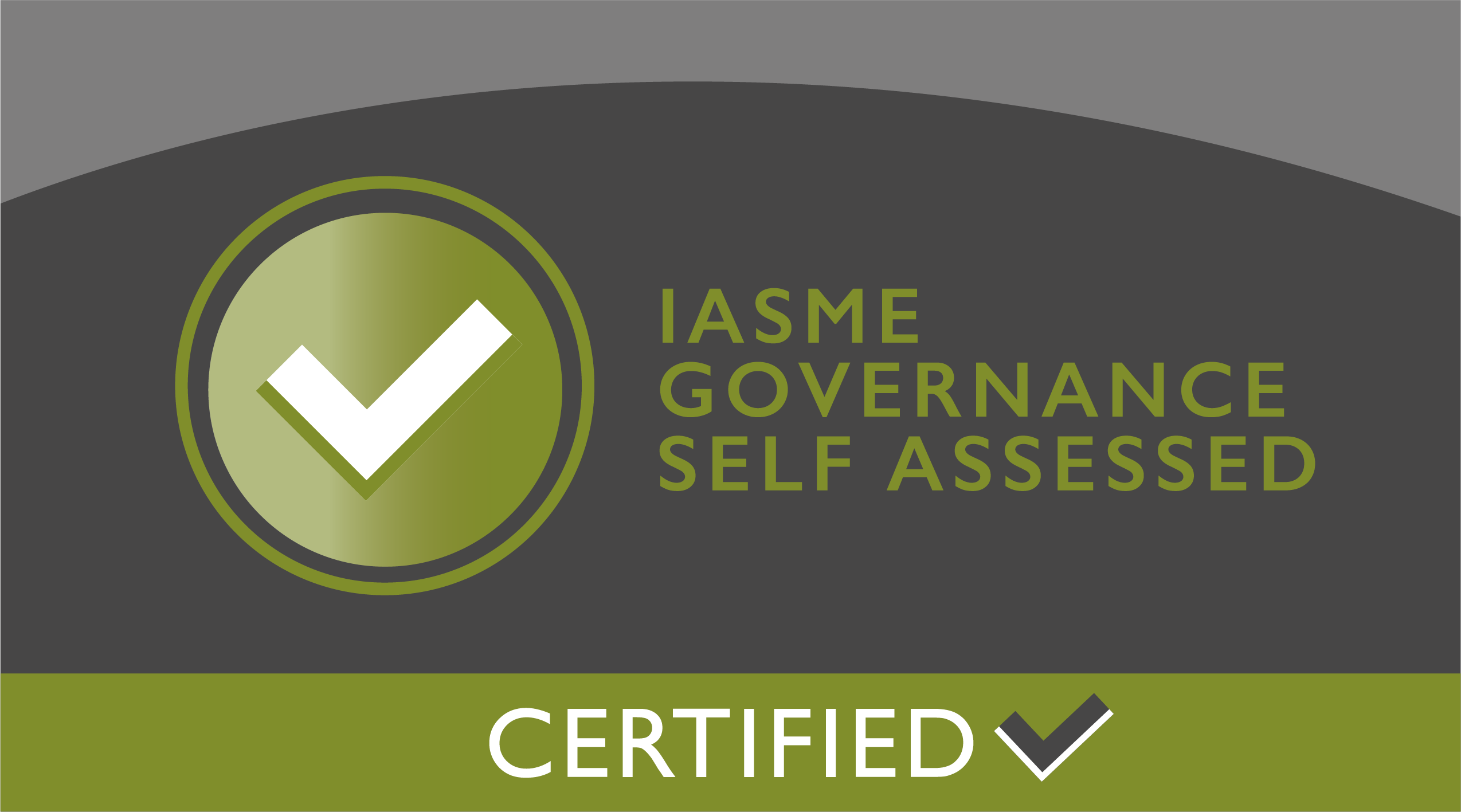The digital vortex is accelerating, but many organisations don’t have a clear plan how to move forward.
How important is digital transformation to your business? Are your competitors deploying digital technology or digital strategies that are disrupting your market position?
Assembly’s digital transformation program helps you assess how your company should evolve to extract the most value from digital technologies and business models. And leave you with a digital strategy roadmap, ready to make the transformation happen in your company.
Digital disruption is now spreading throughout the global economy, but many organisations are struggling to transform to meet the challenges they face.
The 2021 Digital Vortex Report 2021 reveals that 90% of executives across 14 industries surveyed are moving closer to the centre of the vortex, where the velocity and magnitude of change is the highest. The report shows that we have hit a point where major or transformative digital disruption is impacting all sectors, irrespective of size or location.
But there is a growing gap between knowing and doing and among different echelons of executives.
When the first Digital Vortex Report came out in 2015, executives were still debating whether they should move forward with digital transformation; today, this is no longer a question. The issue facing organisations is how should they move forward.
While it’s clear that companies have embraced digital strategies, the report shows that there is a big disconnect when it comes to formulating a cohesive, company-wide plan. More than 90% of respondents believed that digital disruption was a (CXO) Chief Experience Officer-level concern, but 39% also stated that their organisations were not responding appropriately.
Furthermore, the percentage of respondents who reported having a fragmented digital strategy actually rose from 53% in 2019 to 61% in 2021. This is a strong indicator that while companies are pursuing digital projects, they are struggling with the execution, and they are most likely not getting all the benefits they hoped for from their digital investments.
The gap is also a problem within the structure of organisations
CXOs were more positive and optimistic about their digital strategy than lower-level executives. Higher level executives were much more likely to conclude that they were actively responding to digital disruption, while those lower down in the organisation were more likely to say that the response was absent, inappropriate, or merely a copy of the competition. This perception gap widened between 2019 and 2021.
The 2021 Digital Vortex Report includes a special section on COVID-19 and its impact on digital transformation. Data collected specifically on activities related to the pandemic confirms that the global crisis was a catalyst for many companies to accelerate their digital transformations. In April 2020 roughly two thirds of organisations said their digital transformations had been accelerated. By June that number had risen to 75%, and by January 2021, 83% of companies said their transformation had picked up speed, indicating a big amplification effect of digital maturity.
There is also evidence that companies who began their transformation earlier have benefited financially during this past year. A strong positive link between digital spending and performance came through not only in the digital vortex data, but also in the second set of data that is included this year around the pandemic. Companies with a high level of digital maturity going into the pandemic actually had a higher business performance throughout the pandemic. Those that had a lower level of maturity going in had more trouble responding, so there is a sense that having already invested in digital tools and technology gave many companies a head start.
The five industries closest to the centre of the digital vortex (media & entertainment, retail, telecommunications, technology products and services, and financial services) have remained the same since 2015. The big movers towards the centre this year were healthcare & pharmaceuticals, education, and professional services.
Digital disruption itself no longer appears to be something organisations fear. Respondents from most sectors surveyed were more optimistic than concerned about their organisation’s future ability to respond to digital disruption. Provided that organisations can successfully address the knowing-doing gap, the combination of projected increased digital spending with an optimistic outlook bodes well for a post-COVID business world.
Talk to one of our specialists today to learn more about our capabilities; how we’re bringing people, business and technology together; and what this means for you.






